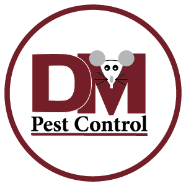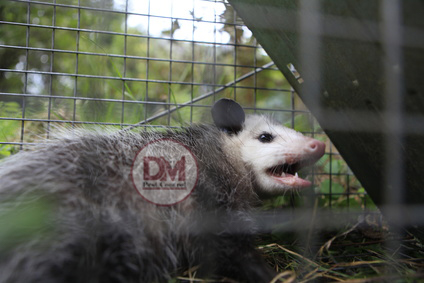Possums are the only marsupials of North America, and they actually help us by eliminating unwanted pests. It’s been estimated by scientists that in just one summer season, a single possum wanders through its environment, collects, and then eats about 5,000 black-legged ticks, which are the carrier of Lyme disease.
Despite their benefits, nobody really wants them invading their home or property. In addition, they do carry disease. A possum could be a carrier of leptospirosis, toxoplasmosis, salmonella and tuberculosis. Contact with a possum could expose you to diseases carries by anything living on the animal: fleas, ticks and lice. Your pets and family can also be at risk if they come into contact with a possum’s urine or feces. By allowing an opossum to set up camp underneath your home or in your crawl space, you could be exposing your living environment to contaminants that can harm you or your family.
Possums are fairly slow, and instead of running away when scared, they will often bare their teeth and hiss at their attacker. They have been know to get into fights with pets.
If you see a possum on your property, it will normally leave on its own. But if it keeps returning, there are some things you can do to make your property more inhospitable to possums.
- Make sure there is no food lying about: possums will eat just about anything, including your compost, garbage, pet food, fruit fallen from trees, etc
- Eliminate hiding places - possums need to hide from predators and are always looking for little nooks and crannies to hide in
- Possums are nocturnal creatures - they dislike light. Leaving the porch lights on can help deter them.
- Use ammonia - possums dislike the smell of ammonia. Leaving a few ammonia-soaked rags around can help drive them away.
If you have any questions or you need some help getting rid of unwanted possums, call DM Pest Control

